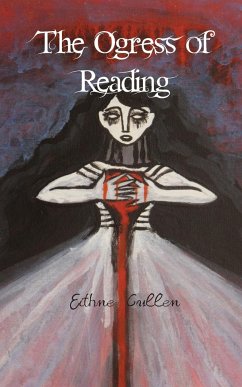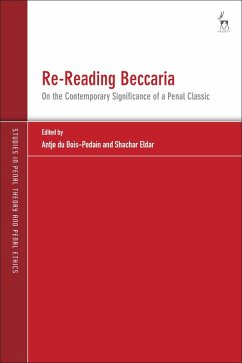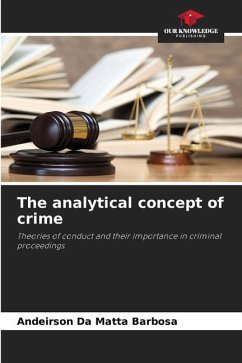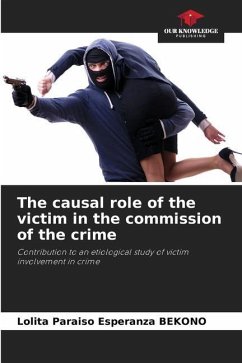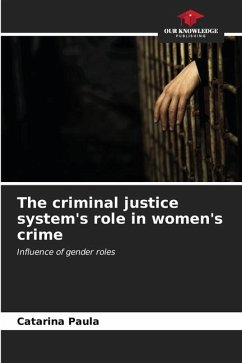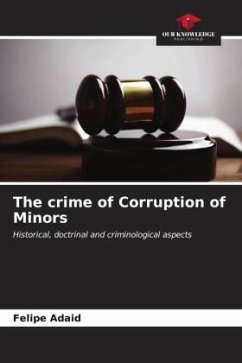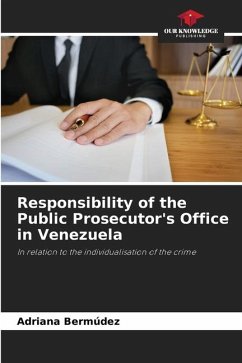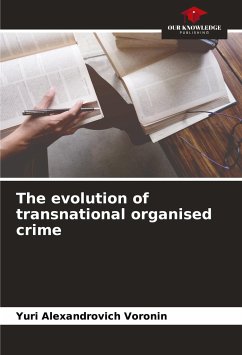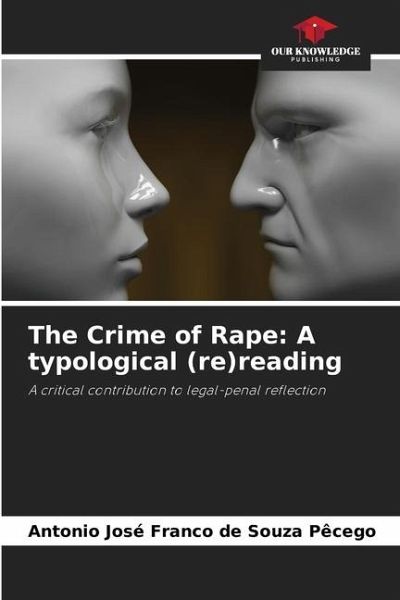
The Crime of Rape: A typological (re)reading
A critical contribution to legal-penal reflection
Versandkostenfrei!
Versandfertig in 6-10 Tagen
16,99 €
inkl. MwSt.

PAYBACK Punkte
8 °P sammeln!
The offence of rape stems from a heinous act that requires a closer study of its origin and evolution. If overlooked, this aspect could lead to unreasonable and disproportionate punitivism that is not in keeping with a Criminal Law of Guarantees. The doctrine has not paid much attention to mixed criminal types by accumulation, which has occasionally led to a judicial takeover of the doctrine through occasional misinterpretations of criminal types, causing serious injustices. Scientific study, theory, must have the function of improving and limiting practice, which must not deviate from the nec...
The offence of rape stems from a heinous act that requires a closer study of its origin and evolution. If overlooked, this aspect could lead to unreasonable and disproportionate punitivism that is not in keeping with a Criminal Law of Guarantees. The doctrine has not paid much attention to mixed criminal types by accumulation, which has occasionally led to a judicial takeover of the doctrine through occasional misinterpretations of criminal types, causing serious injustices. Scientific study, theory, must have the function of improving and limiting practice, which must not deviate from the necessary observance of fundamental rights and guarantees, a vector for judicial action that makes the ends justify the means when they stem from due process of law. Criminal law cannot deviate from its purpose of protecting essential legal assets, being a guarantee and a limit to state intervention, otherwise the doctrine that the important thing is to ensure that the criminal law is in force in favour of the citizen and not the one who violates it and becomes an enemy of the state, without constitutionally guaranteed rights and guarantees, will take on more and more prominence around the world.




